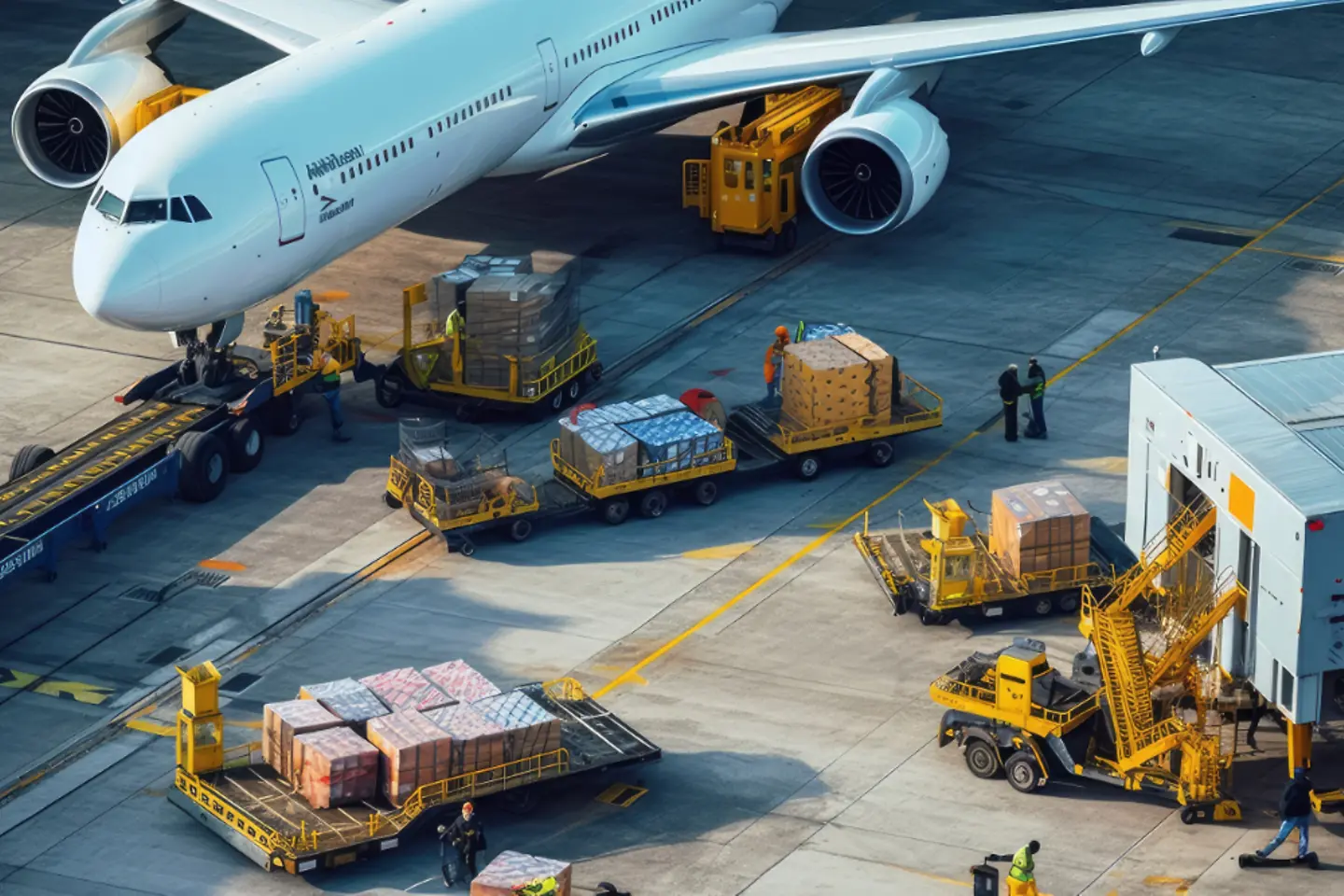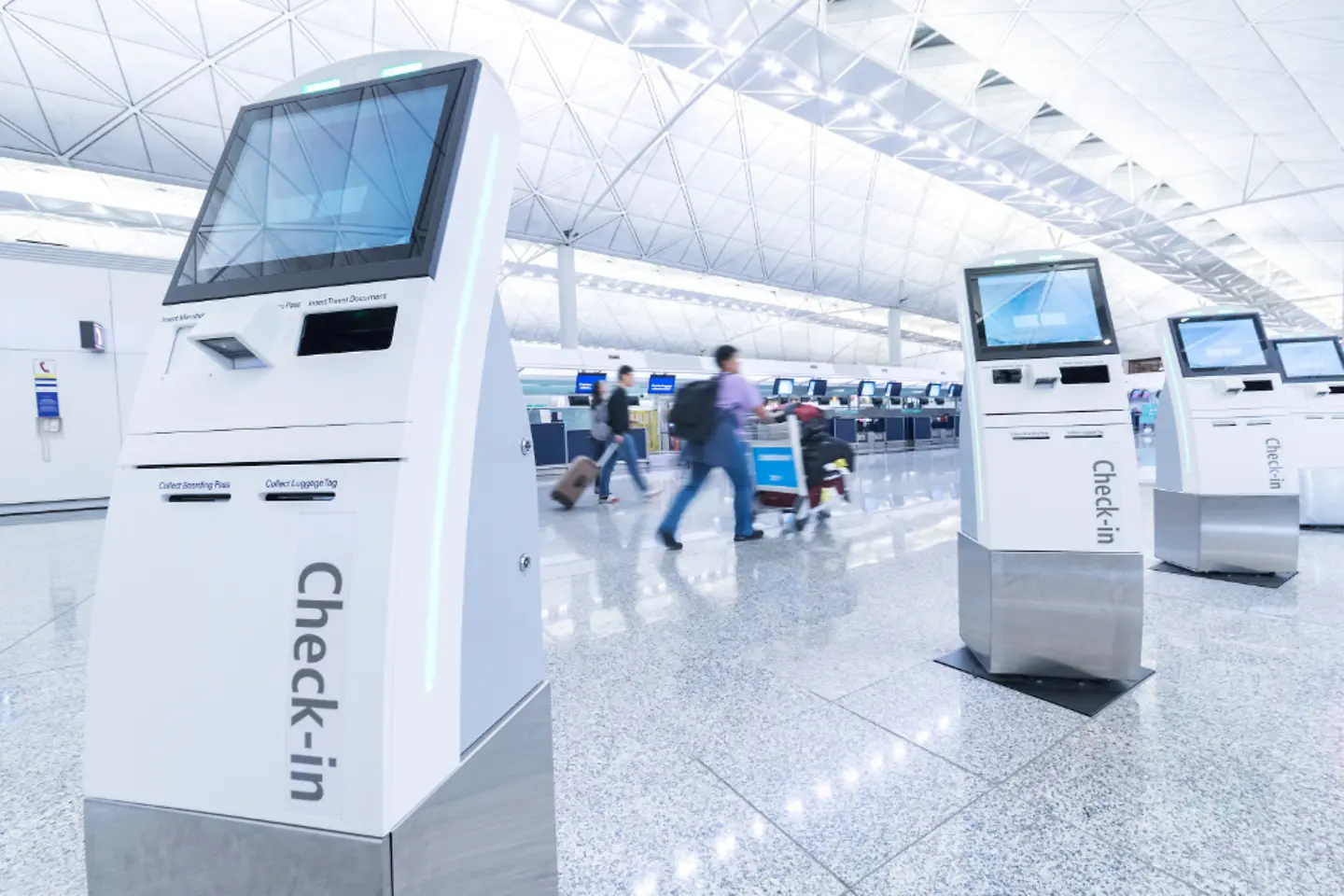
In the post-COVID world, airports are increasingly leveraging digitalisation to heighten their competitive edge. This shift encompasses seamless passenger journeys facilitated by cloud technology and real-time updates, as well as the implementation of smart infrastructure through IoT and predictive analytics. Digitalisation is spearheading a transformative revolution in the operational landscape of airports.
Airports today are navigating through a perfect storm of challenges – global competition, sluggish growth post-COVID, a scarcity of skilled labour, inflation, and an imperative shift towards sustainable operations.
In 2022, long airport queues and extended hold times became commonplace in air travel. This contributes to a poor passenger experience that stems not just from a labour shortage issue, but a digital capability gap as well.
In this dynamic environment, the aviation industry is compelled to rethink strategies, and at the heart of this transformation is the drive to accelerate digitalisation.
Efficiency is mission-critical in today’s modern aviation landscape. To stay ahead, airports are moving ahead with their digitalisation plans. From implementing AI powered facial recognition to autonomous baggage handling, digitalisation is the linchpin for the airports of tomorrow.

Exceptional passenger experience is paramount in the aviation industry. Leveraging the power of digitalisation, airports can offer a seamless journey from check-in to boarding.
Digital check-ins, automated baggage drop-offs, and real-time updates through dedicated apps for flight status provide passengers with a hassle-free experience.
In the digital era, passengers expect information at their fingertips. Real-time updates on flight delays, gate changes, and baggage status help to enhance the passenger experience.
Changi Airport Group, for example, provides passengers with an integrated app that allows passengers to track their baggage, track their flights, search through flights and even make dining reservations at the airport & its connected mall.
Changi Airport Group also delivers a seamless digital experience for travellers by linking all their digital platforms together with a single login credential. This allows customers to view their flights, shop at the online store and redeem rewards.

The integration of the Internet of Things (IoT) into airport operations is a game-changer. Smart airport infrastructure, powered by digitalisation, allows for the efficient management of resources. From monitoring baggage handling systems to optimising security processes, IoT enhances overall operational efficiency.
In fact, the smart airport market is predicted to be worth more than US$66 billion by 2028. Predictive analytics, another key aspect of digitalisation, enables airports to anticipate challenges such as sudden influx of passenger traffic and equipment breakdown and address them proactively.
By analysing data from various sources, airports can swiftly identify any equipment fault and implement predictive maintenance for critical equipment.
To address manpower shortage trends, Changi Airport Group has embarked on the automation of baggage tractor driving. This autonomous solution goes beyond solving the manpower gap. It also aims to improve baggage handling and delivery times to enhance passenger service levels.
In addition, digitalisation enables airports to monitor and reduce energy consumption, minimise waste, and adopt sustainable practices as well.

The era of one-size-fits-all travel is long gone. With digitalisation, airports can offer personalised travel assistance, enhancing the overall passenger experience. Artificial Intelligence (AI) chatbots are becoming instrumental in providing instant and tailored support to passengers.
AI chatbots, integrated into airport apps or websites, serve as virtual assistants, addressing customer queries, providing information on services, and even offering customised travel recommendations in response to queries. This not only streamlines communication but also adds an additional layer of personalisation to the travel experience.
From touchless check-ins to AI-assisted temperature screenings, digitalisation ensures that the passenger journey is seamless.
For example, Tokyo’s Narita Airport launched ‘Face Express’, a contactless airport experience for passengers. Using biometric technology, a passenger’s facial imagery can be verified against their passport. This helps to provide a seamless experience throughout the airport journey, from check-in to the boarding gate.
From improving passenger journeys to implementing smart infrastructure and offering personalised travel assistance, digitalisation is reshaping the future of airports.
As the aviation industry continues to evolve, airports that accelerate digitalisation will not only stay competitive but also lead the way in redefining the passenger experience.
With T-Systems, we have digitalisation solutions tailored for airports to accelerate modernisation. This helps to ensure smooth airport operations, and efficient logistics while fuelling exciting new passenger experiences.
Get in touch with us today.